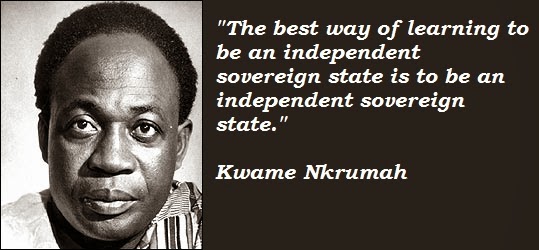On the 18th
September 2014 there is a referendum in Scotland where people will be asked to
tick a box (Yes or No) to the question ‘Should Scotland be an independent
country?’
Currently,
however, the media has become obsessed with the European Union, the Euro, the
Pound, being ‘British’, passport controls and borders, immigration, businesses
leaving en-masse, the SNP and Alex Salmond.
One
question that hasn’t been discussed and one that really should be posed before
asking if Scotland should be independent is ‘Is Scotland a country?’ Yes or No.
I ask
this because the way one thinks about Scotland itself is integral to how one
might vote.
Do you
think Scotland is just a region of the UK in the same way Yorkshire is?
Do you
think Scotland is a country in the same way France is?
According
to the UK Government’s own legal advice (published 11th Feb 2013) Scotland
doesn’t exist anyway so perhaps it’s all moot. What? I hear you say. Doesn’t
exist?
Point 35 of the document
says ‘as a matter of international law England
continued, albeit under a new name and regardless of the position in domestic
law, and was simply enlarged to incorporate Scotland.’
Point 37: ‘it is not necessary to decide between these two views of the union
of 1707. Whether or not England was also extinguished by the union, Scotland
certainly was extinguished as a matter of international law, by merger either into an
enlarged and renamed England or into an entirely new state.’
Now, I’m
sure many people will be shocked to read this and may even struggle to believe
that it is actually true. After all they never saw it on TV News reports or
splashed across all the newspapers at the time. Well, they would be right; it
was neither reported on television nor featured in newspapers. But why? Perhaps
it is because the mainstream media are almost exclusively pro-Union and this is
the type of revelation that needs hiding (not in the McCrone Report sense; that
was the Government that secreted it away) but in a way that the public just don’t
know about it.
How many
people would just accept being told that their country no longer existed in
international law?
So back
to my question. Is Scotland a country? If you think it is not and it is
therefore just a ‘region’ of Britain or the UK (or indeed England) then the box
you would tick would be No.
If you
think it is a country then the box to tick on this question would be Yes.
This
makes the independence question on the 18th September 2014 a little
easier; if you think Scotland is not a country then ‘No’ it shouldn’t be an
independent one should it?
However,
if you think Scotland IS a country (and hasn’t been extinguished as per the UK
Government legal advice) then the answer should
be easier to answer. Should.
However,
some people will say it is a country, that they are Proud Scots, but they
believe another country (i.e. England, or Britain if you prefer) should remain
the source of decision making (Westminster). What other country on the planet
has a people that believes that they themselves are not capable of running
their own affairs? Can you imagine France voting to have all their decisions
made for them by Germany? And their parliament moved to Berlin?
Would
Norway happily have all their decisions made for them in Stockholm, Sweden’s
capital?
Indeed,
can you imagine people in England agreeing to have government moved to Holyrood
in Edinburgh and all decisions made there?
Because,
surely if you think your country is a country then the default system is sovereign
independence. Sovereignty: the authority of a state to govern itself; a
self-governing state.
But then
again perhaps you agree that Scotland really was extinguished by the Act of
Union.
- - -





